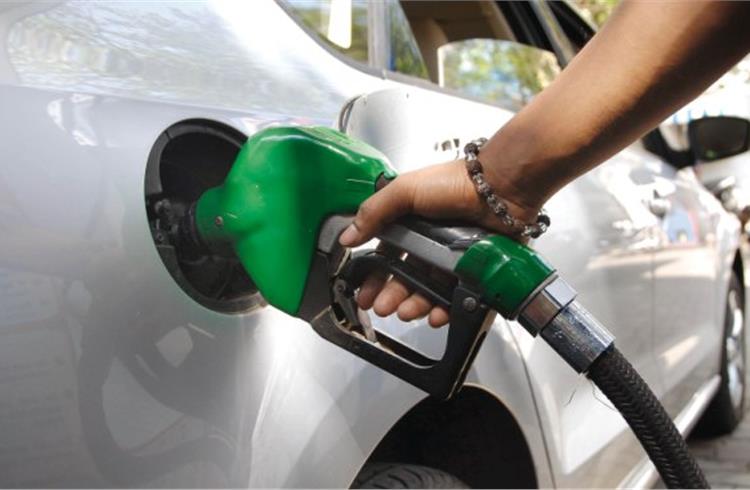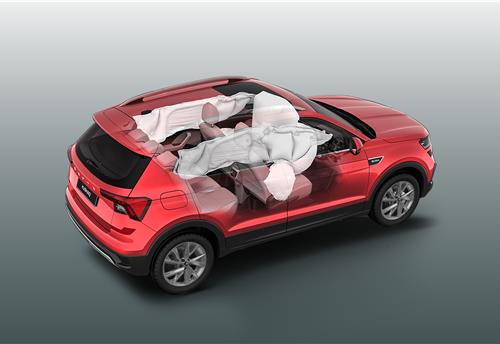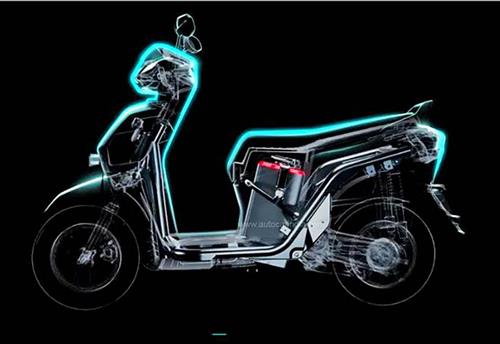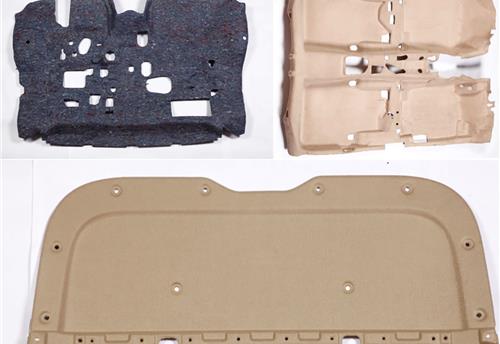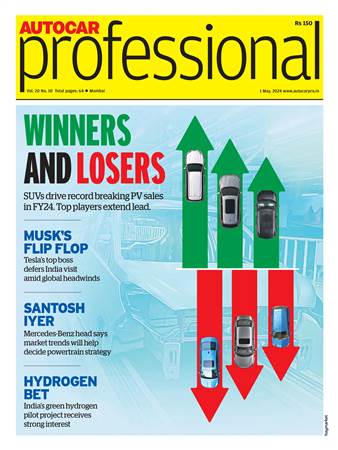SC diesel ban accelerates shift to petrol cars in Delhi
A visit to some Delhi dealerships was an eye opener on how a 15-20 percent sales shift towards petrol-engined cars is currently being seen in the light of diesel fuel being hauled up as a key air polluter.
As is well known, the rising levels of pollution in India’s capital city have drawn the ire of the National Green Tribunal and also the Supreme Court (SC) recently. On December 16, the apex court banned registration of diesel SUVs and other high-end vehicles powered by an engine over 2000cc in the Delhi-NCR region till March 31, 2016.
This order follows an earlier notification passed by the National Green Tribunal banning registration of diesel vehicles in Delhi-NCR. The SC has overturned this earlier NGT order. A second hearing on January 5, 2016 will allow the SC to give a relook to its earlier ban and consider a modification. But how is this latest SC missive impacting diesel vehicle sales as well as overall market sentiments in the city?
A visit to some Delhi dealerships of some vehicle manufacturers was an eye opener on how a 15-20 percent sales shift towards petrol-engined cars is currently being seen in the light of diesel fuel being hauled up as a key air polluter. Automotive market sentiments were already sluggish and this latest ban on diesel vehicles has further put the lid on diesel sales and started piling up inventories at retail outlets. Mahindra & Mahindra, with its stable of diesel SUVs, is among the OEMs to be majorly affected by the ban. A sales manager at a Koncept Automobile outlet in the capital told Autocar Professional that the most affected models are the Scorpio SUV, XUV500, Bolero, Thar and the Xylo. After the NGT order, followed by the ban by the Supreme Court, sales had practically stopped of these above 2.0-litre diesel models.
Also read: Mahindra explores alternate ways to cope with temporary diesel ban
However, the recently launched TUV300 compact SUV, powered by the 1.5-litre mHawk turbocharged diesel engine, seems to be the beneficiary and this retail outlet reported 45 bookings in a single day in December after the ban order. Mahindra’s newest kid on the block, the KUV100 is pitched to be another strong contender with its mFalcon 1.2-litre, three-cylinder petrol and diesel motors. To be launched on January 15, it has received around 10 pre-launch bookings at this outlet with 5 being for the petrol version and 4 for the diesel variant.
The sales executive says the 1.2-litre segment is a hot selling one and the KUV100 is expected to send the cash registers ringing for M&M and help balance the dip in fortunes of its higher-engined diesel vehicles.
Dealers are also bearing losses. Since dealers register the vehicle models before deliveries to customers, cancellations of bookings for the Scorpio, Thar and XUV500 models during December come with a loss of Rs 10,000 accruing to the dealer per car. This is on account of logistics costs involved in transferring the diesel models to co-dealers in other towns. In some cases, the vehicle manufacturer is also taking back inventories. For instance, this Mahindra showroom has a stock of 200 models and it has seen 40 vehicle cancellations.
A visit to the nearby Volkswagen outlet in New Delhi indicates an uptick in its petrol sales of the Polo and Vento cars by 15-20 percent while Jetta diesel sales have dropped.
T&T Motors, which sells Mercedes-Benz cars and SUVs in the capital city, has also felt a significant impact of the ban on diesel registrations. A sales manager at the showroom says that sales across all its models – from A-class to S-class – have been affected. For instance, if these models were selling 60 units on an average in a month, then they are now down to about 35 units with an inventory of about 200 units. Some customers are even registering the luxury cars in other states like Uttarakhand and then bringing them to Delhi. The showroom has also witnessed a faster offtake of the A-, B- and C-class petrol cars.
Among other OE outlets affected by the diesel ban are those of Tata Motors.
Maruti Suzuki, which does not have any diesel vehicle powered by a 2-litre diesel motor, has escaped the ban. However, a Rana Motors dealership maintains that they are noticing a shift in consumer preference towards petrol cars and a drop in diesel sales. Earlier if diesel constituted 40 percent of overall sales in a month, it has dropped to 20 percent of the product portfolio now.
Also read: Hit by SC diesel car ban, carmakers in India see an uncertain future
RC Bhargava, chairman, Maruti Suzuki India, has said that it is necessary for the government to clarify its fuel policy to enable carmakers to take a decision on future investments.
He says by banning diesel registrations, the Supreme Court is trying to make these vehicles costlier and thereby discourage buyers from owning diesel cars. “Due to the large price differential between the two fuels, people started buying diesel cars. Diesel was not made popular by car manufacturers, they have only responded to market demand,” he adds. “Industry likes certainty.”
Tracing the history of diesel cars, in the 1980s diesel could not be used as a fuel for cars. Then Tata Motors introduced the diesel Indica, and Hindustan Motors rolled out its diesel taxis.
KK Gandhi, executive director (Technical) of industry body SIAM, is of the view that banning registrations of new diesel vehicles above 2.0 litres does not help as they conform to BS-IV emission norms and do not affecting air quality in the NCR.
A recent study of IIT-Kanpur on pollution in Delhi cites that the total particulate matter emanating from the transport sector in the city constitutes 20 percent of the overall. Of this passenger cars contribute 10 percent and new diesel registrations 0.5 percent. The maximum polluter is dust that accounts for 36 percent of the total particulate matter with the domestic sector contributing 12 percent and the industry 11 percent. This study was commissioned by the Delhi Pollution Control Committee and a copy of this study has already been submitted to the Supreme Court.
“We need to take a holistic view of air pollution as diesel cars are 25 percent more fuel efficient than petrol and also emit less CO2. Moving towards petrol will put pressure on crude imports and increase its price,” elaborates Gandhi.
A couple of months ago, a CSIR study has also put a question mark on alternate fuel CNG stating that it may not be as clean as it is being projected. So what is required is a measured and balanced approach to petrol and diesel vehicles. A knee-jerk reaction may not be the right answer in the long-term.
Recommended: All the cars affected by the diesel ban in Delhi & NCR
RELATED ARTICLES
Skoda India makes six airbags standard fitment in Kushaq and Slavia
The introduction of six airbags as standard across the Kushaq SUV and Slavia sedan range furthers the safety quotient in...
Ampere Vehicles to launch new Nexus electric scooter on April 30
The all-new Nexus will be Ampere Vehicles’ flagship scooter. Key highlights include four riding modes, an LFP battery, a...
Uniproducts India targets 15% growth till FY2027, eyes new EV OEMs for NVH parts
The Noida-headquartered company, which is a leading manufacturer of roof liners, floor carpets, sound insulation materia...





 By Shobha Mathur
By Shobha Mathur
 24 Dec 2015
24 Dec 2015
 5192 Views
5192 Views



